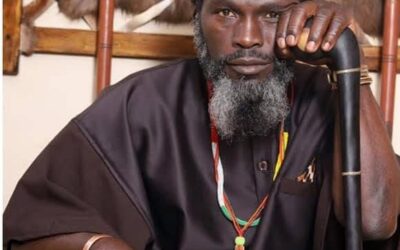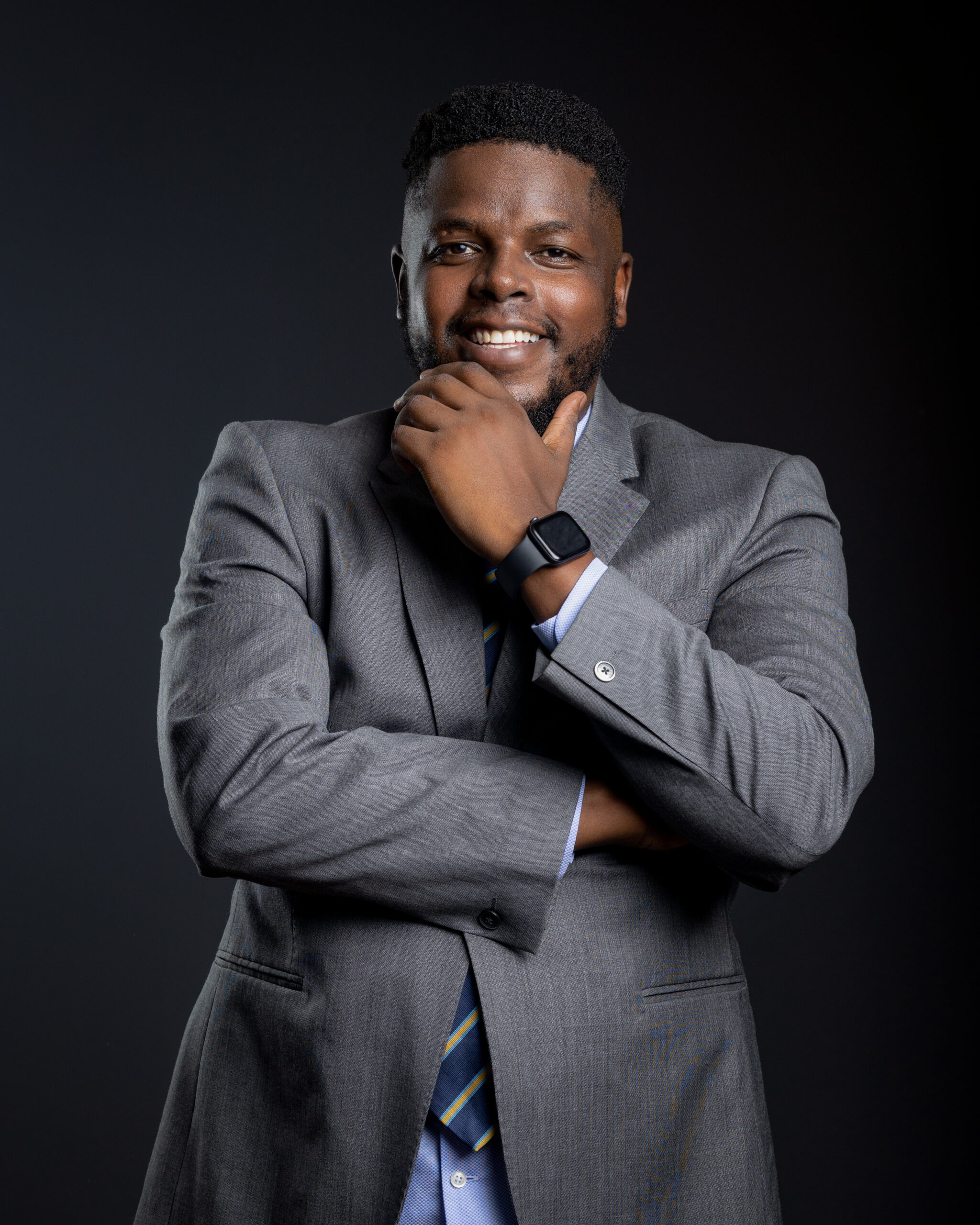By Joshua Maponga
Africa needs liberation from religious fanatics who are increasingly irrelevant to the pressing issues of our societies. The church is not an island functioning in isolation from the realities of the nation. What affects the country also affects the church. As such, the church must be an active agent of transformation—repairing social ills, not perpetuating them.
It is deeply unfortunate to witness the church becoming part of the problem—particularly in the courtrooms. The recent legal developments involving the Seventh-day Adventist Church in Zimbabwe are a shameful episode. Opposition politicians are attempting to twist the arm of the law under the guise of defending religious freedom. Let us be clear: when politicians, who are community leaders, are invited to the church pulpit, they represent the arm of the state—and with it, the political identity of the nation.
Regrettably, opposition politics in Zimbabwe has lost its identity. It now feeds on negative energy rather than offering constructive alternatives. Opposition parties should reposition themselves as viable alternatives that acknowledge the good and inspire the sitting government to fulfill its constitutional mandate. Strong governments are built when we hold public officials accountable—not by tearing down every move with blind antagonism, but through principled civic engagement. Both the political and religious structures are in service to the same people and the same nation. These childish lawsuits, charged with religious hypocrisy, only serve to divide rather than build.
Consider the case:
Mr. Sanyatwe, who briefly spoke from the pulpit after being invited by Mr. Kudakwashe Tagwirei, has been targeted in a strongly worded letter by Advocate Thabani Mpofu. Claiming to represent a concerned member of the church, Mpofu accuses the church’s leadership of desecration, political co-optation, and gross negligence. However, upon objective scrutiny, these allegations are not only misplaced but also seem to be driven by partisan motivations disguised as spiritual concern.
The so-called concerned member appears detached from the practical realities of faith and civic life. Their intoxication with “Adventism” and its “purity” ignores the divine instruction to “occupy till I come.” They forget that David was a king—a politician. Abraham commanded a private army. Daniel was a high-ranking minister alongside his brothers Hananiah, Azariah, and Mishael. Ezra and Nehemiah held positions in the royal Persian court; Nehemiah, in particular, served as a cupbearer to the king.
As written in Daniel 1:4–5:
“Select only strong, healthy, and good-looking young men,” he said. “Make sure they are well versed in every branch of learning, are gifted with knowledge and good judgment, and are suited to serve in the royal palace. Train these young men in the language and literature of Babylon. The king assigned them a daily ration of food and wine from his own kitchens. They were to be trained for three years, and then they would enter the royal service.”
This toxic opposition stance is pretentiously ignorant of the divine assignment of God’s people to influence the political system. If the church produces godly and competent individuals, why should it be prohibited from placing them in positions of political power?
I want you to “be the head and not the tail.” Those who teach the politics of the tail—and consume what comes out from under the tail—should reconsider their path. The head, after all, contains the eyes, the ears, the horns, and the mouth of the nation. It is a divine assignment to serve in the corridors of power.
Therefore, I urge the opposition to move away from tail politics and embrace head politics—politics that thinks, that leads, and that speaks truth to power with vision and integrity.
Joshua Maponga: Author, Philosopher and Speaker








13 thoughts on “Beyond the Pulpit: Why the Church Must Influence the State”